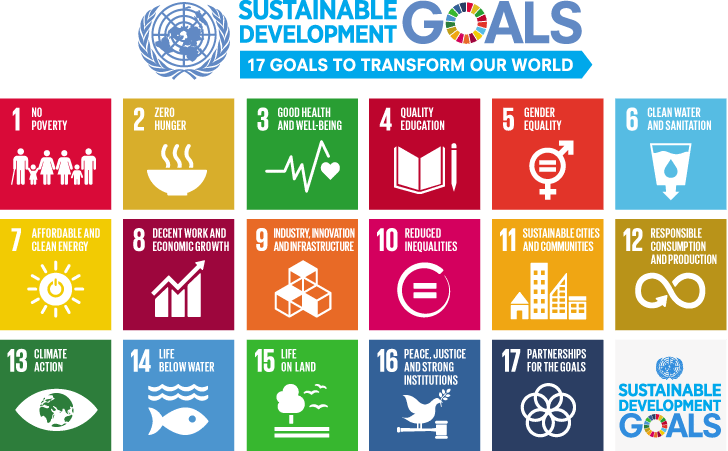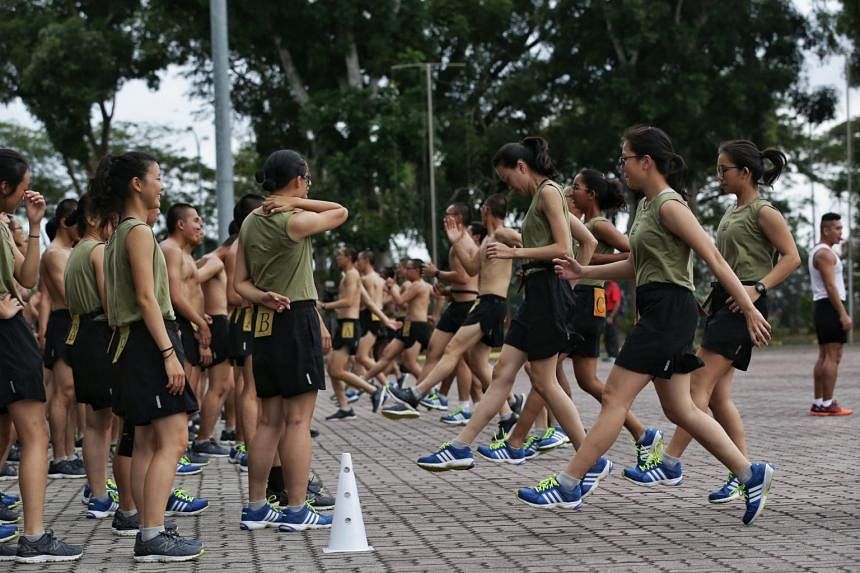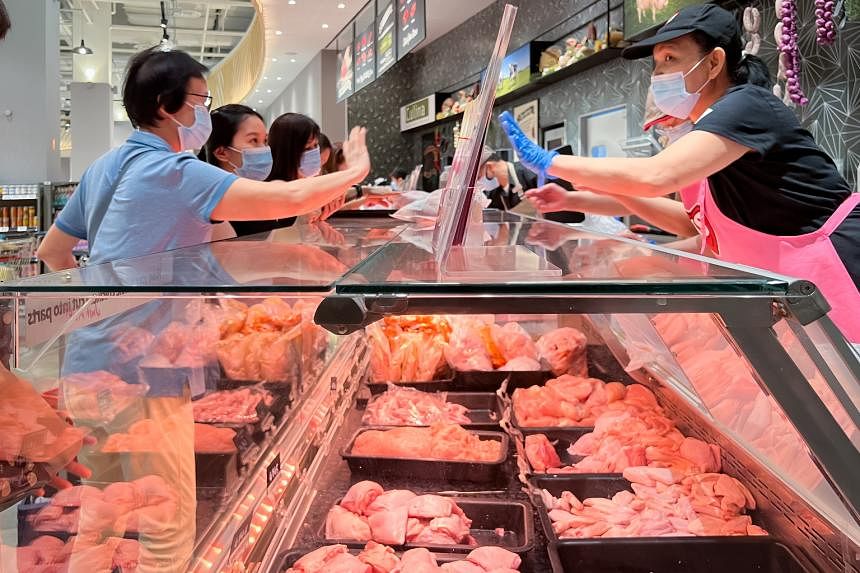Quote: 'How does charging for plastic bags reduce plastic pollution when items are still individually plastic-wrapped, eateries serve disposable dine-in cutlery, and clothes are imbued with microplastic?"
The writer is correct.
Every politician and expert are jumping on the bandwagon and virtue signalling.
Stopped restaurants and fast foods from dispensing straws but allow food vendors to use more plastics to wrap their produce.
Charge individuals for plastic bag usage but turn a blind eye to the much bigger amount of plastics used by companies in wrapping food, fruits, produce tc.
PUBLISHED
MAR 23, 2022, 1:00 AM SGT
FacebookTwitter
I welcome initiatives that incentivise consumers to reduce their carbon emissions but I disagree with Professor Sumit Agarwal's assertion that "the ultimate users or creators of carbon are the individuals" (Introduce individual carbon scorecard with incentives to keep emissions low: Panellist, March 17).
Much of a country's emissions is beyond an individual's control, generated in areas such as building construction, infrastructure and the global trade network that supports it.
This was most apparent in 2020 when the world came to a standstill due to the pandemic.
Consumer spending fell sharply, and roads, flight paths and offices emptied out. All of these registered a measly 6.4 per cent reduction in global annual emissions.
In Singapore, total industrial emissions accounted for 60.4 per cent of the country's total emissions in 2019. They dwarfed the Singaporean households' emissions of 6.7 per cent.
Even in areas where consumers can effect change, they run up against an economic system designed to increase emissions in pursuit of perpetual growth.
How do consumers reduce consumption when planned obsolescence is the norm? How do they reduce waste when fast fashion is often the only affordable option? How do they make informed choices when their personal data is unscrupulously mined and used to manipulate and condition them to ceaselessly consume?
How does charging for plastic bags reduce plastic pollution when items are still individually plastic-wrapped, eateries serve disposable dine-in cutlery, and clothes are imbued with microplastic?
Such institutionalised wasteful practices run counter to the paradigm shift needed for net-zero emission.
It is good to give consumers incentives to reduce emissions but policymakers must consider the bigger picture and address the perennial issues that plague the system. The size of the carrots and sticks will not matter if you do not clear the road you are on.
Holmberg Dennis
The writer is correct.
Every politician and expert are jumping on the bandwagon and virtue signalling.
Stopped restaurants and fast foods from dispensing straws but allow food vendors to use more plastics to wrap their produce.
Charge individuals for plastic bag usage but turn a blind eye to the much bigger amount of plastics used by companies in wrapping food, fruits, produce tc.
Forum: Actions by individuals can have only limited impact on carbon emissions
PUBLISHED
MAR 23, 2022, 1:00 AM SGT
FacebookTwitter
I welcome initiatives that incentivise consumers to reduce their carbon emissions but I disagree with Professor Sumit Agarwal's assertion that "the ultimate users or creators of carbon are the individuals" (Introduce individual carbon scorecard with incentives to keep emissions low: Panellist, March 17).
Much of a country's emissions is beyond an individual's control, generated in areas such as building construction, infrastructure and the global trade network that supports it.
This was most apparent in 2020 when the world came to a standstill due to the pandemic.
Consumer spending fell sharply, and roads, flight paths and offices emptied out. All of these registered a measly 6.4 per cent reduction in global annual emissions.
In Singapore, total industrial emissions accounted for 60.4 per cent of the country's total emissions in 2019. They dwarfed the Singaporean households' emissions of 6.7 per cent.
Even in areas where consumers can effect change, they run up against an economic system designed to increase emissions in pursuit of perpetual growth.
How do consumers reduce consumption when planned obsolescence is the norm? How do they reduce waste when fast fashion is often the only affordable option? How do they make informed choices when their personal data is unscrupulously mined and used to manipulate and condition them to ceaselessly consume?
How does charging for plastic bags reduce plastic pollution when items are still individually plastic-wrapped, eateries serve disposable dine-in cutlery, and clothes are imbued with microplastic?
Such institutionalised wasteful practices run counter to the paradigm shift needed for net-zero emission.
It is good to give consumers incentives to reduce emissions but policymakers must consider the bigger picture and address the perennial issues that plague the system. The size of the carrots and sticks will not matter if you do not clear the road you are on.
Holmberg Dennis








